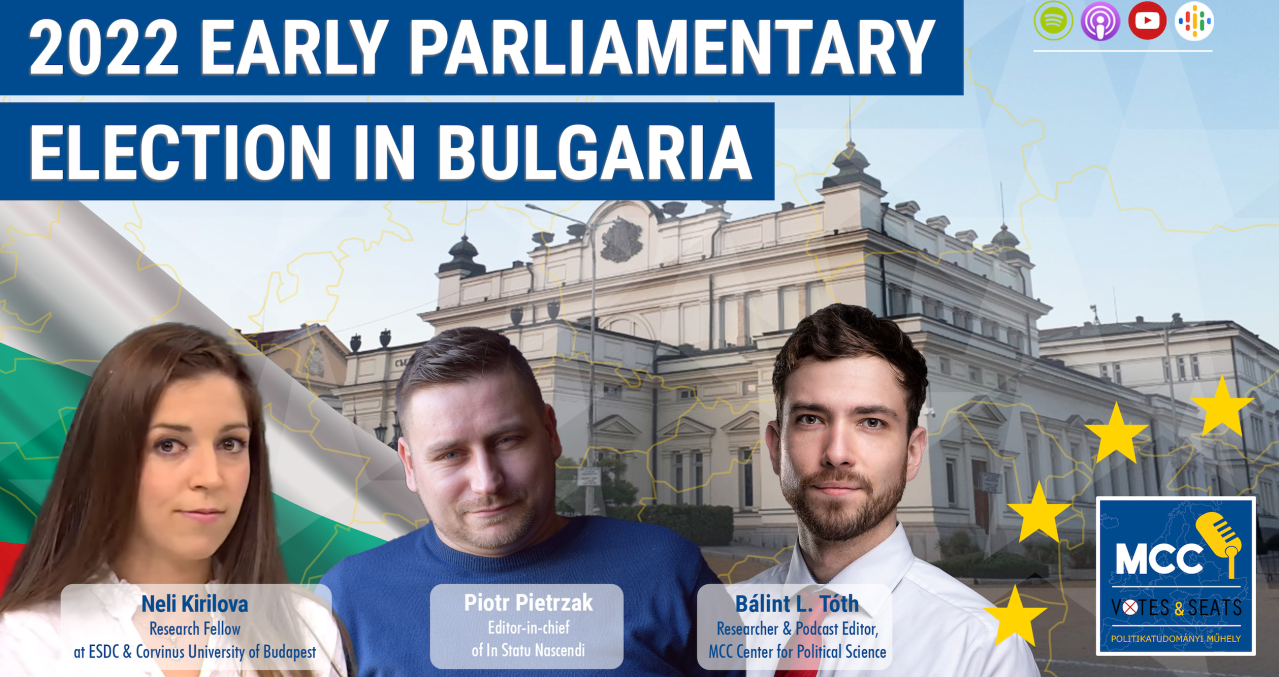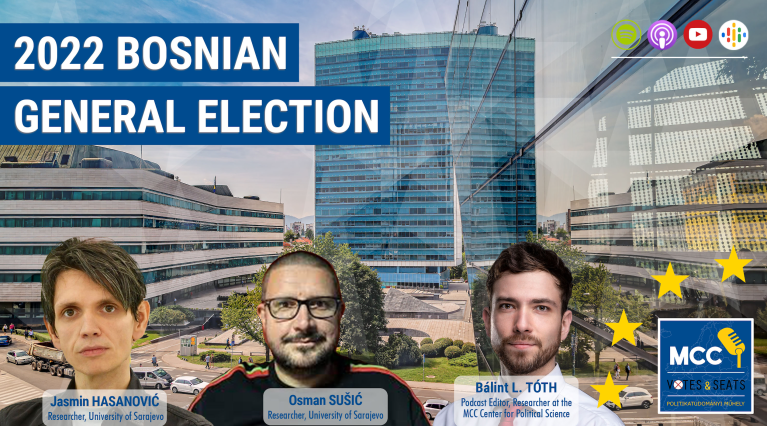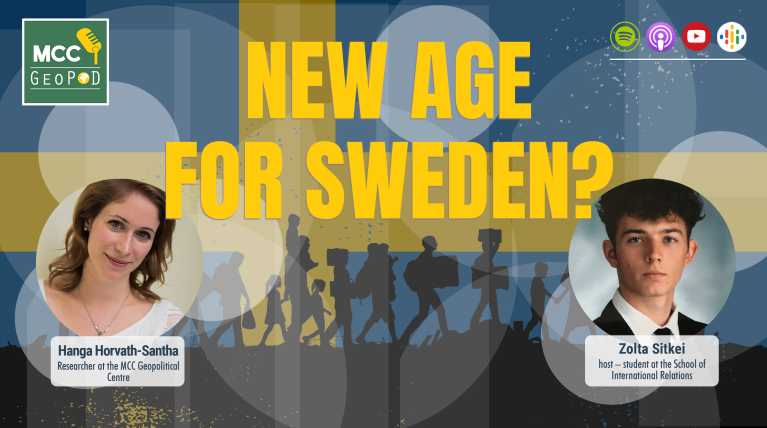The analysts agreed that the current political crisis is unprecedented in the history of the Republic of Bulgaria. The short-lived pro-EU and pro-NATO cabinet led by Petkov’s newly established We Continue the Change party and its allies was overthrown in a no-confidence vote by the major opposition parties and a former coalition partner, the anti-graft ITN. Ms. Kirilova underlines that Petkov's party could not maintain its allies due to the lack of expertise of how to control a coalition of political formations with often conflicting interests. Dr. Pietrzak adds that no heads-of-government can exercise real control over the country whose political-economic system has been tailored by former prime minister Boyko Borisov. The expert further claims that no political actors in Bulgaria can communicate to the electorate as effectively and professionally as Borisov does. Thus, the right-wing opposition party of Borisov (GERB–SDS) won the early election with 24.5% of the vote. Most parties of the outgoing government coalition used the same populistic messages as their right-wing opponent, yet faced considerable losses. The most significant decrease in support was registered by showman Slavi Trifonov’s ITN, the winner of the June 2021 early ballot. The far-right Revival registered a huge success with 9.8%, thus radical and pro-Russia voices will be represented again the Bulgarian legislative body. According to Ms. Kirilova, the reason for this is that while the latter party operates with simple messages that appeal to the ordinary people, the former one communicates complex and divisive ideas that the average citizens don’t want to hear. What are the major dividing lines in Bulgarian politics? What could be the reason for the low turnout? And what could be the key to success of right-wing strongman Mr. Borisov? Jump with us into the exciting and mysterious waters of Bulgarian politics in the latest edition of the Votes & Seats podcast series.









